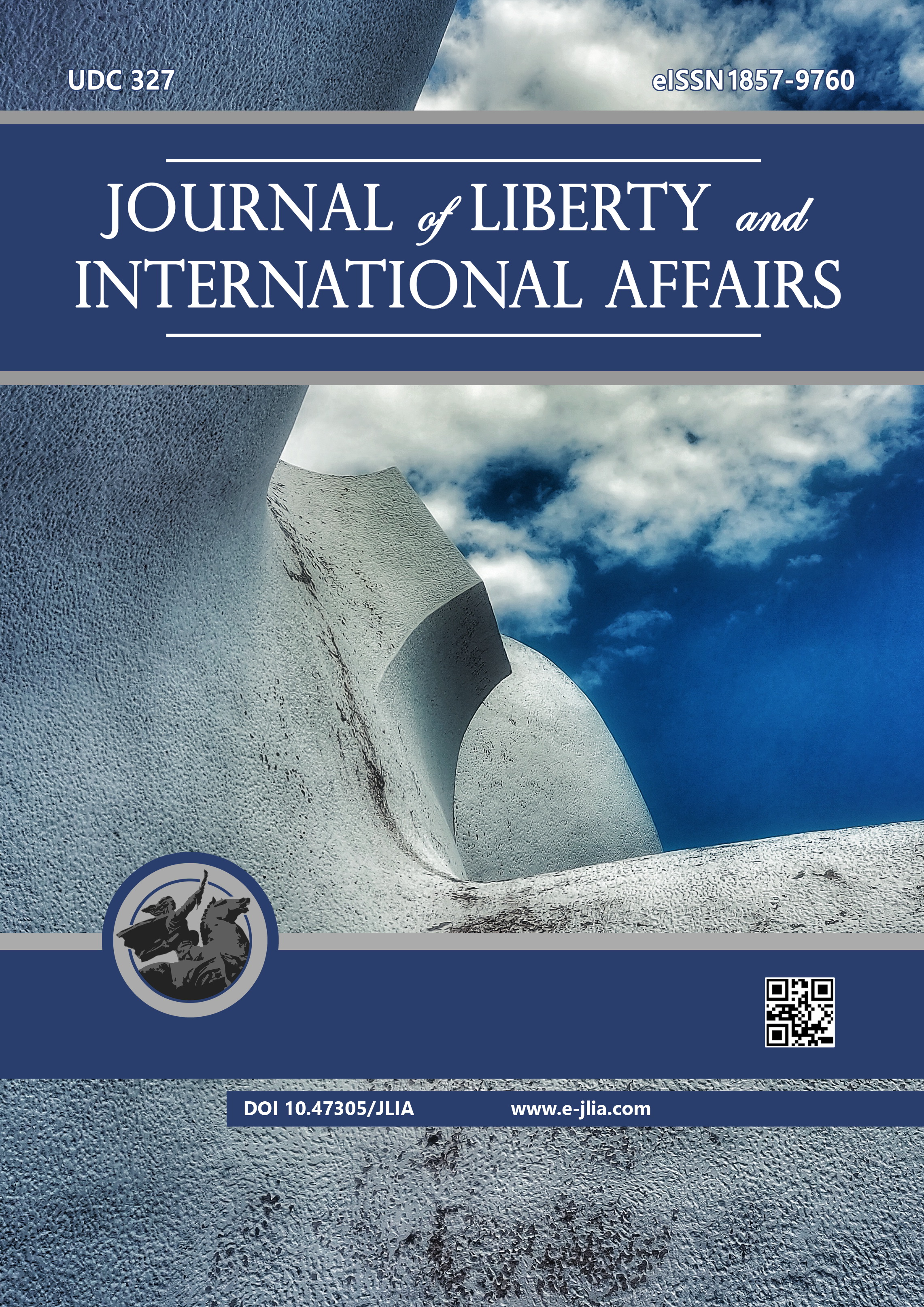THE ROLE OF INFORMATION AND COMMUNICATION TECHNOLOGY IN FIGHTING CORRUPTION IN THE JUDICIARY SYSTEM: THE CASE OF 2016 JUDICIAL REFORM IN ALBANIA
THE ROLE OF INFORMATION AND COMMUNICATION TECHNOLOGY IN FIGHTING CORRUPTION IN THE JUDICIARY SYSTEM: THE CASE OF 2016 JUDICIAL REFORM IN ALBANIA
Author(s): Bojana Hajdini, Gentian SkaraSubject(s): Politics / Political Sciences, Politics, Law, Constitution, Jurisprudence, History of Law, Constitutional Law, Criminal Law, Civil Law, International Law, Human Rights and Humanitarian Law, Law and Transitional Justice, Political Theory, Political Sciences, Civil Society, Governance, Public Administration, Public Law, Government/Political systems, Electoral systems, Welfare systems, Developing nations, Politics and law, Politics and society, Methodology and research technology, Comparative politics, Inter-Ethnic Relations, EU-Approach / EU-Accession / EU-Development, EU-Legislation, Sociology of Law, Corruption - Transparency - Anti-Corruption, Court case, Comparative Law, Administrative Law
Published by: Institute for Research and European Studies - Bitola
Keywords: Digitalization; Judicial Reform; Corruption; Integrity; Vetting
Summary/Abstract: Corruption in the judiciary system has been considered by Albanian citizens and international organizations as deeply corrupt. In 2016 Albanian Parliament, supported by the EU and USA, adopted a judiciary reform to increase transparency, accountability, impartiality and citizens’ access to information. One way of preventing corruption and increasing citizens’ access to justice is by using information technology. This paper analyses the role of information and communication technology in preventing corruption in the Albanian judiciary system. The main research question is how and to what extent digitizing the judiciary contributes to preventing corruption in the judiciary system. The paper argues that the use of ICT in the judiciary system has been limited due to several factors, such as lack of legislation on the use of ICT in the judiciary system, absence of a unified automated case management system, lack of appropriate education or training of judiciary staff to use ICT and lack of reinvestments on ICT equipment in courts. The 2016 judicial reform, for the first time, emphasized the importance of digitizing the judiciary system in Albania. The paper concludes that digitizing the judiciary will increase integrity and prevent corruption in the judicial system.
Journal: Journal of Liberty and International Affairs
- Issue Year: 08/2022
- Issue No: 3
- Page Range: 115-134
- Page Count: 20
- Language: English

